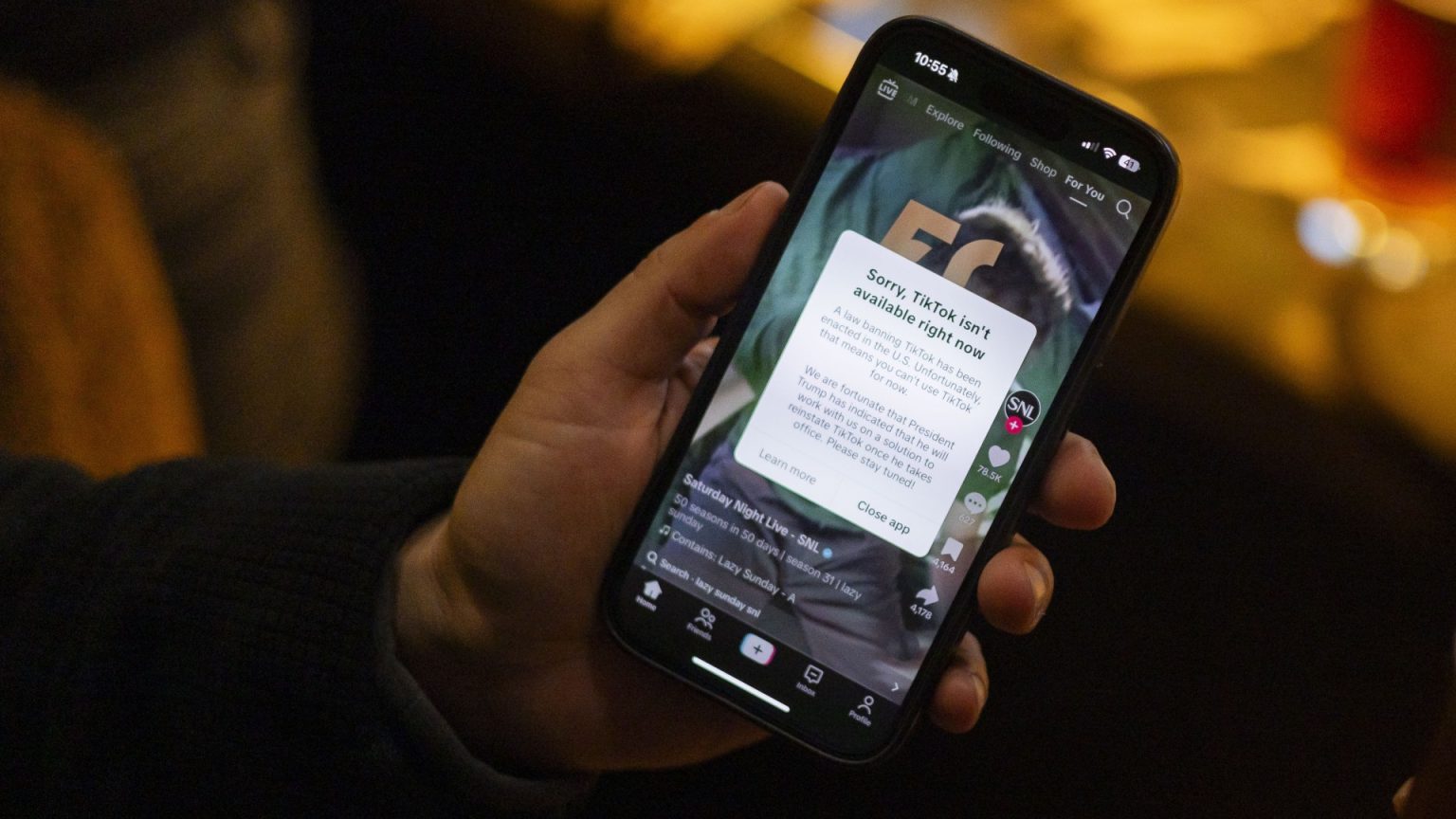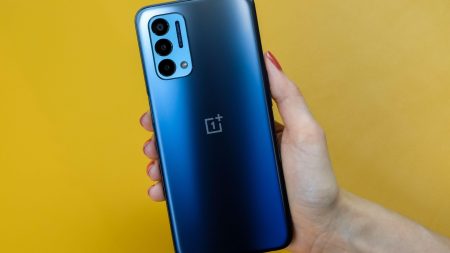The popular social media platform TikTok has been effectively shut down in the United States, impacting an estimated 170 million users. The ban, stemming from national security concerns related to the app’s Chinese ownership by ByteDance, took effect late Saturday, leaving users unable to access the video-sharing platform. A message displayed upon login informed users of the ban and hinted at a potential reprieve, citing President-elect Trump’s indication of working towards a solution to reinstate the app within 90 days of taking office. This message underscores the complex interplay between national security concerns and the economic and cultural impact of banning a major social media platform, a first in US history.
The ban extends beyond TikTok itself, encompassing other ByteDance-owned apps like CapCut and Lemon8, which were also removed from US app stores. This broad approach signals a wider concern regarding data security and potential influence from the Chinese government. While TikTok’s message to users highlights President-elect Trump’s potential intervention, the outgoing Biden administration has distanced itself from the immediate enforcement, stating that implementation of the ban falls under the purview of the incoming Trump administration. This transition of responsibility adds another layer of uncertainty to the future of TikTok in the US.
The White House has characterized TikTok’s statement as a “stunt” and has reiterated its stance of leaving the enforcement of the ban to the incoming administration. This public exchange highlights the political tension surrounding the issue, with the outgoing administration seemingly unwilling to engage further with the matter and the incoming administration’s position still unclear beyond the mentioned potential 90-day reprieve. This leaves TikTok’s future in the US precariously balanced, dependent on the actions of the new administration.
The ban has significant implications not only for TikTok and its users but also for the broader landscape of US-China relations and the social media market. The unprecedented nature of the ban, targeting a major social media platform with a massive user base, sets a precedent for future actions regarding foreign-owned tech companies. The impact on millions of Americans who rely on the platform for both economic and cultural engagement is also substantial, disrupting content creation, consumption, and online communities. The ban raises questions about the balance between national security concerns and the freedom of online expression and commerce.
The sweeping authority granted to the incoming Trump administration by the recently passed law allows for potential bans or forced sales of other Chinese-owned apps, signaling a broader shift in the US approach to Chinese technology. This creates an uncertain environment for Chinese tech companies operating in the US and could lead to further restrictions on their activities. The law’s broad reach raises concerns about potential overreach and its impact on the globalized tech industry.
The TikTok ban represents a complex intersection of national security, international relations, and the evolving digital landscape. The future of the app in the US remains uncertain, dependent on the decisions of the incoming Trump administration. The ban’s impact extends beyond TikTok itself, setting a precedent for future regulation of foreign-owned tech companies and raising questions about the balance between national security and individual freedoms in the digital age. The situation will likely continue to unfold with significant implications for both the US and China, as well as the global tech industry.











